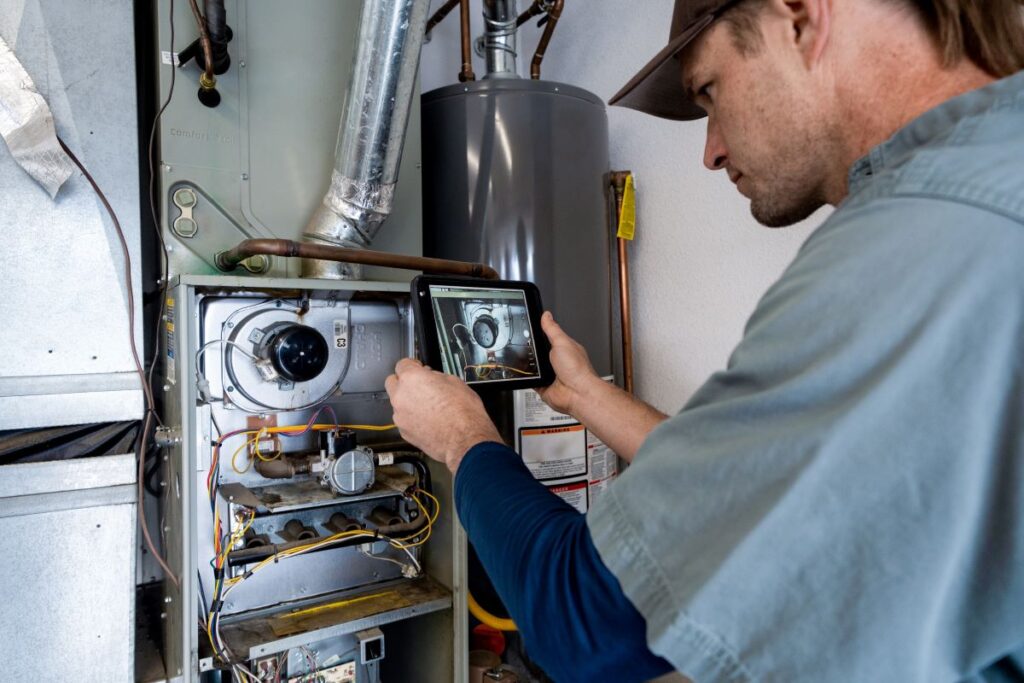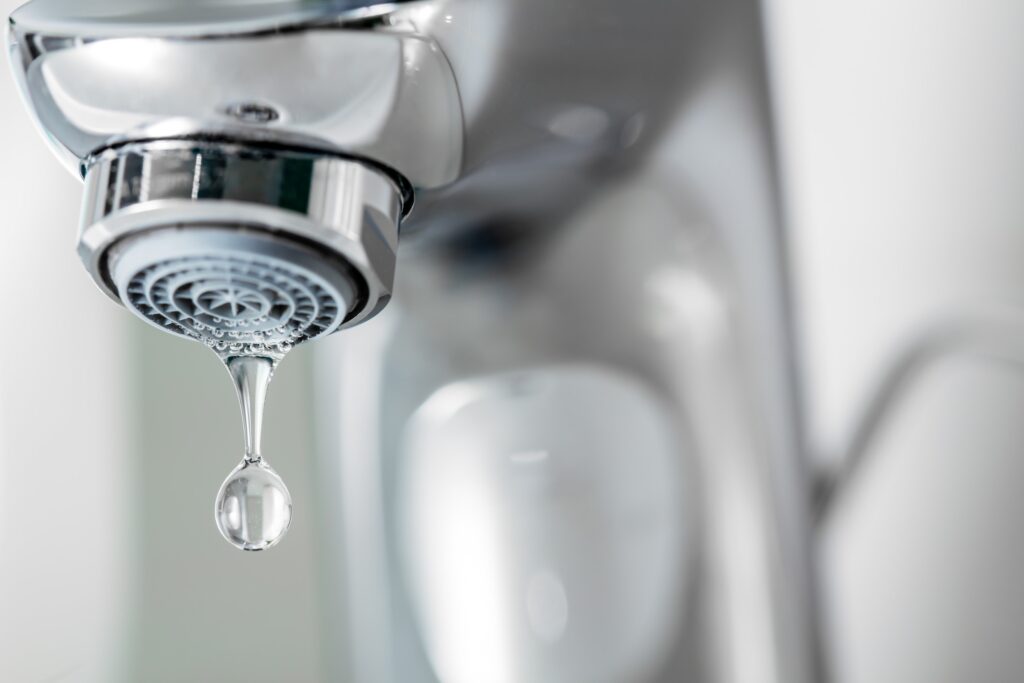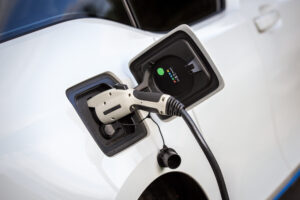We are all privileged to have a hot shower, and when we’re shocked by that cold sprinkle when the water heater goes out, we realize we’ve taken it for granted. You probably never want to go through that again, so it’s important to make sure your water heater is professionally installed and maintained. But how long do water heaters last? Well, it can depend.
How Long Do Water Heaters Last?
For the most part, the average lifespan of a standard water heater is 8 to 12 years. But this can be more or less depending on many factors such as:
-
How much sediment is in the water
-
Whether you have a filter or not
-
Daily usage
-
Size of your household
-
Performed maintenance
-
Type of water heater (tank vs. tankless)
This helpful guide will go through the average timeline of a water heater (by type) plus other factors that can contribute to extending or shortening your water heater’s lifespan.
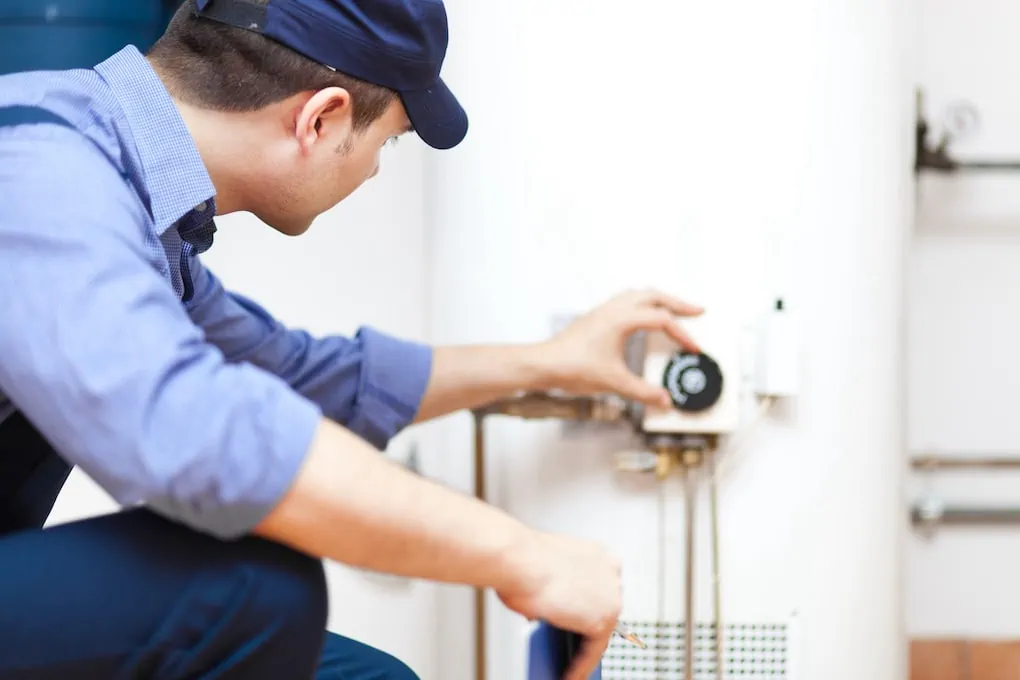
Types of Water Heaters and How Long They Last 🕰
You’ve probably heard the never-ending debate of tankless vs. tank water heaters. While those are probably the most common water heaters, they’re not the only ones. There are five main types of water heaters to choose from— each with different pros, cons, and lifespans.
-
Standard tank water heater
-
Tankless water heater
-
Heat pump water heater
-
Condensing water heater
-
Solar water heater
Standard or Conventional Water Heaters
Most people have a conventional water heater in their homes. That big tank in your basement or utility closet is responsible for heating the water from your faucets. It’s also one of the least energy-efficient methods of water heaters.
Although they’re not the most efficient, they are the most affordable option— which is why they’re so popular. The average lifespan of a standard tank water heater is 8 to 12 years. But this can be lessened by several years if it’s not properly maintained.
Tankless Water Heaters
A tankless water heater is a more efficient option because it doesn’t have to heat and store water like a standard water heater. Instead, it heats the water on demand.
Tankless water heaters are known as “on-demand” or “instantaneous” water heaters. They generally mount to the wall, and as water passes through them, the body of the tankless heater heats that water and carries it to the faucet when needed. The average lifespan for a well-maintained tankless water heater is 20-30 years!
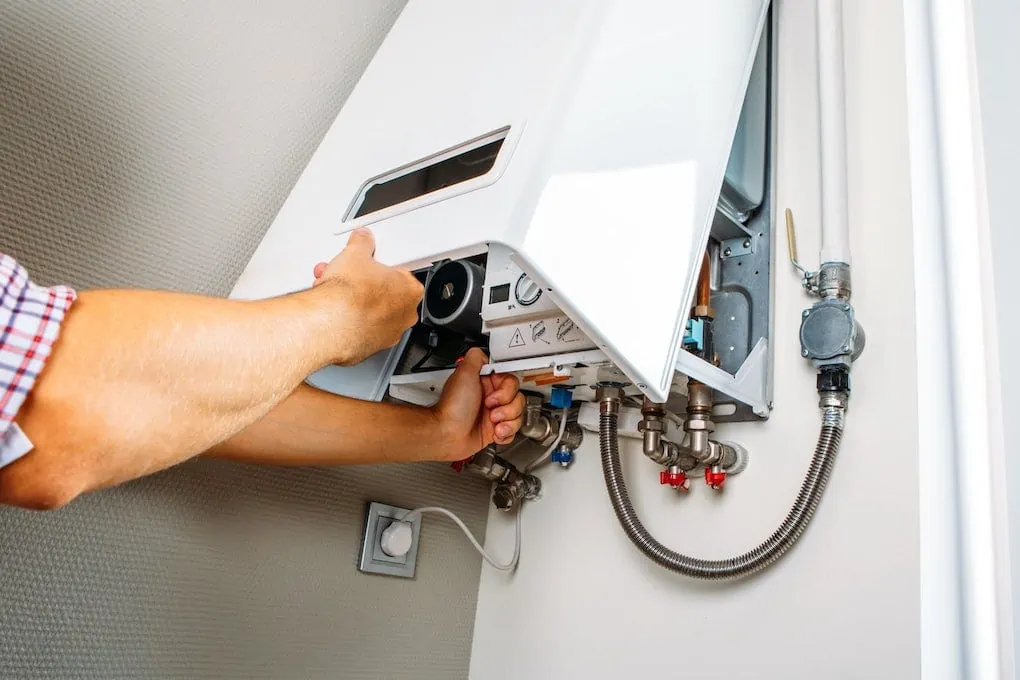
Heat Pump Water Heaters
Heat pump water heaters are one of the most energy-efficient types of water heaters— using nearly 60% less energy to function than conventional heaters. They function by transferring heat from the surrounding air into the water— making them ideal for warmer climates.
Although they’re an excellent choice for efficiency, they’re also one of the more expensive options and need more space. The average lifespan for a heat pump water heater is about 6-10 years, paling in comparison to even conventional systems.
Condensing Water Heaters
Condensing water heaters are very similar to conventional heaters— but with one key difference. They have a secondary heat exchanger that helps recycle the water vapor created from burning natural gas or propane. This makes them much more efficient than conventional models.
The lifespan of a condensing water heater is about 10-15 years. One significant benefit is they can bring up to 30% cost savings on your energy bills.
Solar Water Heaters
Lastly, solar water heaters are an excellent option for a long-term, efficient solution. They are more costly upfront but last for at least 20 years with minimal maintenance. On top of lower utility bills, there are also tax incentives to make the switch to solar power.
The downfall of a solar water heater is that it can be dependent on climate and weather, and you will need space on your roof to install the solar panels.
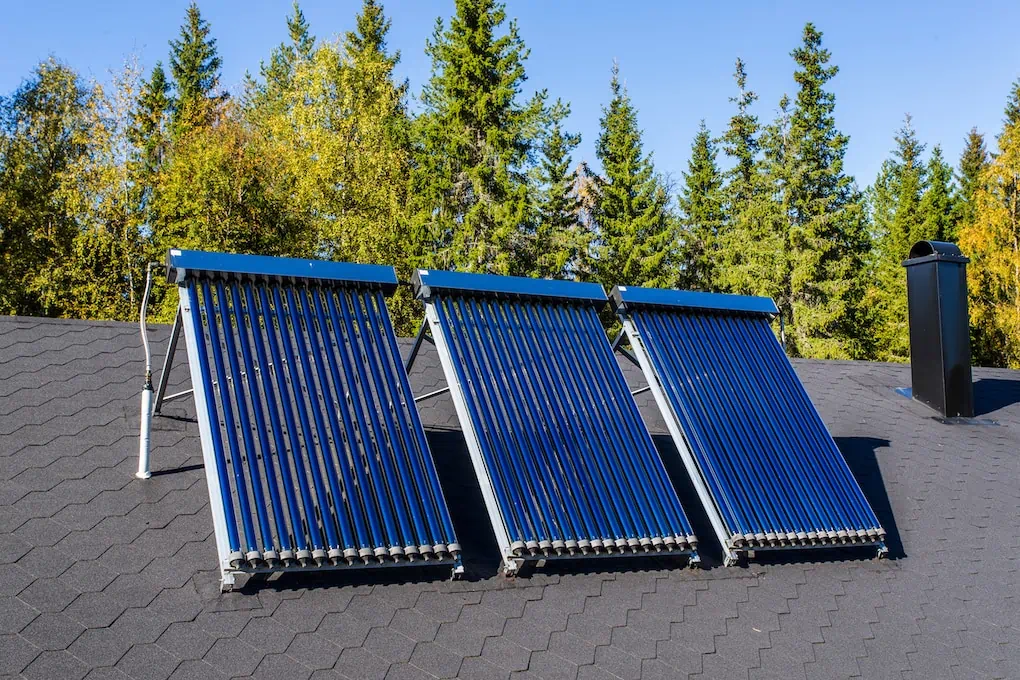
What Causes Water Heaters to Fail? 😤
While we wish our water heaters could last for as long as we own our home, that’s not the case. So knowing the signs of a failing water heater is vital to make sure your family isn’t left taking cold showers for a week. A few things can contribute to an early water heater failure. Here are some common causes:
Sediment Build-Up
Tanked water heaters can get a lot of sediment built up in the tank, slowing the heating process and causing the burner to work harder. Over time, this can lead to corrosion and holes in the tank, which will eventually cause it to leak.
This can also be a fire hazard if you have a gas water heater. To prevent sediment build-up, you should flush your tank at least once per year.
Leaking Pipes or Fittings
Leaking pipes or fittings are another common cause of water heater failure. This is usually caused by corrosion of the pipes or fittings, leading to leaks. If you notice any wet spots around your water heater, take a closer look right away.
Overheating
Overheating is another common cause of water heater failure. This can be caused by a variety of things, such as a faulty thermostat, sediment build-up, or a leaking pressure relief valve. If your water heater is overheating, it’s essential to have it checked out by a professional as soon as possible to avoid further issues or a completely broken water heater altogether.
Power Surges
If a power surge hits your water heater, it can fail. Sometimes resetting the breaker can solve the issue, but if your water heater isn’t kicking back on or failing to heat the water, you may need to have it inspected asap.
Failing Thermostat
The thermostat controls the water temperature in your water heater. If it’s failing, it can cause the water to overheat or not heat up enough. This can be caused by various things, such as a bad sensor or a faulty switch.
If you notice your water heater isn’t heating up properly or is taking longer to get hot, check the thermostat for the problem.
Not Performing Regular Maintenance
Like any appliance in your home, water heaters need regular maintenance to function properly. This includes checking the anode rod, draining the tank, and making sure there are no leaks.
If you don’t perform these maintenance tasks, it can lead to premature corrosion, sediment build-up, and decreased efficiency. All of which can lead to a water heater failure.
Improper Installation
If your water heater isn’t installed correctly, it can cause a lot of problems down the road. This is why it’s essential to hire a professional when installing any type of appliance in your home. Improper installation can lead to things like leaks, inefficient operation, and even fires.
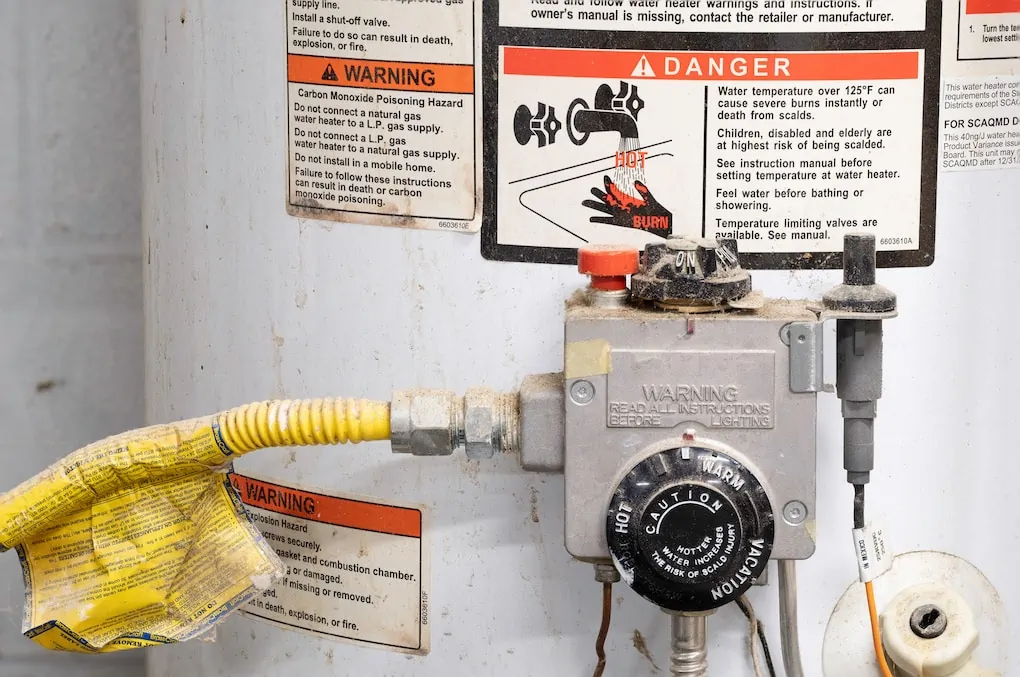
Maintenance Tips to Extend the Life of Your Water Heater 🧰
While your water heater does have an expected lifespan, you can lengthen that by properly maintaining your system. By following these maintenance tips, you can help keep your water heater running properly for as long as possible.
Perform Regular Inspections
Keeping a regular maintenance schedule is vital to keeping your water heater in good shape. It may seem like a lot, but homeowners should shoot to perform their own inspection at least every other month. This can be a light inspection that includes:
-
A visual inspection
-
Checking connections of pipes and fittings
-
Looking for signs of leaks
-
Clearing out sediment
-
Changing any water filters in front of the water heater
It can also be beneficial to get a professional inspection at least every year. Some plumbers will even offer annual maintenance plans or discounted deals. Regular inspections ensure issues are caught as early as possible, and your water heater stays functioning as efficiently as possible.
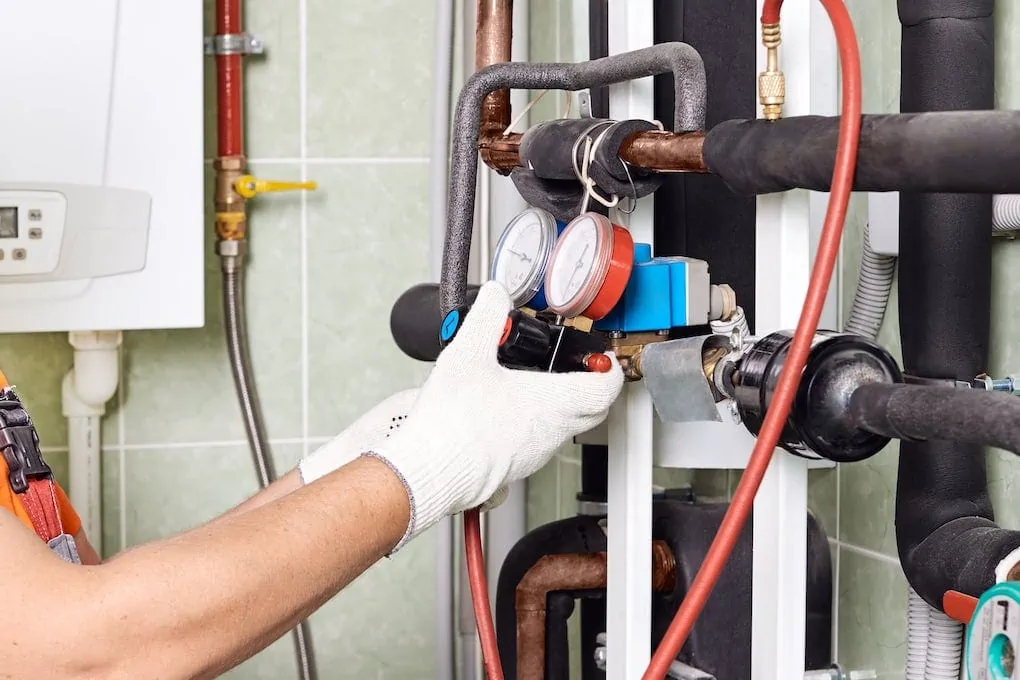
Install a Water Filter
Because sediment builds up and is a major factor in your water heater failing, installing a sediment filter before your water heater can prevent a lot of that buildup. Filters remove contaminants and sediment from your water and are highly beneficial for many areas of your home.
You can filter your faucet water, shower, and even your whole home. Filtering the water that goes into your water heater can help prevent corrosion to the pipes, fittings, and even the tank itself. Learn more about water heater filtration systems here.
Don’t Put Off Repairs
Neglecting any home repair can cost you a lot of money and time. Why wait on critical repairs? If you notice anything is off with your water heater or your inspection uncovers a necessary repair, do it right away. You’ll be glad you did.
Empty the Tank Once a Year
The sediment that builds up in your water heater can cause it to stop working and also lessens its expected lifespan. So each year, when you do your annual inspection, be sure to flush it and clean it out.
How to Know Your Water Heater Is Bad? ❌
You may not realize your water heater is in bad shape until it’s too late. So some of the key signs that it’s bad and needs to be replaced include, but are not limited to:
-
Lack of hot water
-
Slow hot water
-
Pooling water around the bottom of your water heater
-
Rusting exterior
-
Leaking from the tank
-
Rusty water
-
Popping or rumbling noises coming from your water heater
-
Higher than usual water or energy bills
If you notice any of these signs, it’s definitely time to replace your water heater. Waiting can cause extensive damage to your home and be costly to repair.

When the Time Comes— Professional Water Heater Replacement
When the inevitable happens, you will want to hire a professional plumber to install your new water heater. The team at 4Front Energy can handle both tanked and tankless water heater installation with ease. We can also let you know what system might be best for your home and your usage and walk you through the proper steps of maintaining your system.
Don’t take a chance with water heater installation: hire the pros. Contact 4Front Energy for a FREE Estimate!

